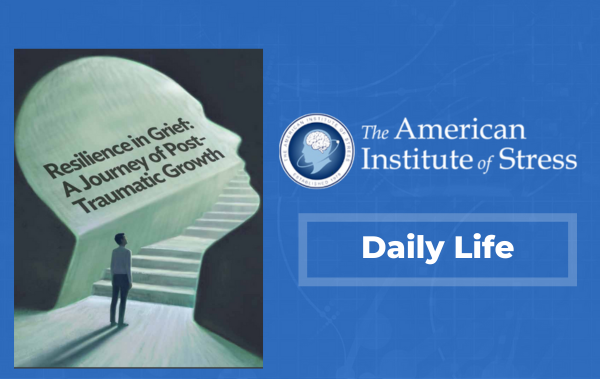Right now, gathering with friends might feel exciting—and kind of terrifying.
Throughout the pandemic, most of us wanted nothing more than for our normal routines to be restored: to be able to do our favorite yoga class in person, meet up with a friend at a restaurant for dinner, go into the office and chat with coworkers next to the coffee maker (OK, maybe not so much for that last one). But it’s safe to say that many of us have longed for more human contact during the past year.
Now that the possibility of socializing with people is back on the table—or, at least, becoming more real every day—many are anxious about returning to pre-COVID gatherings. And despite the excitement that comes along with that, there’s also a good chance you’ll be a little freaked out by all that extra exposure.
The truth: Those feelings are totally normal, and you should expect that it might take some time to re-adjust. “I’m calling it the stranger-danger redux,” Cynthia Ackrill, MD, a stress expert and editor of the American Institute of Stress’s Contentment Magazine, tells Health. She likens the stress of coming face-to-face with another person post-COVID to that of navigating public places as a little kid. “When you’re a toddler and you’d run up to a stranger in the mall, your parents [said]: ‘Woah, that’s a stranger,” Dr. Ackrill says. Now, it’s more like “Woah, that’s another person—without a mask on.”
It took your brain a while to process wearing a mask—and it’ll take it a while to process not wearing one
As restrictions continue to be lifted, thanks to the use of safe and effective vaccines against COVID-19, you’ll probably find yourself near people outside of your pod, either by necessity (if your employer requires it) or by choice (if you choose to attend a friend’s birthday gathering).
It took a lot of effort for your brain to adjust to the reality of the coronavirus pandemic, Dr. Ackrill adds, pointing out that you trained yourself to monitor those around you—and are now trying to convince your body that it doesn’t need to worry about that anymore. “That’s a lot of training for the brain—we’ve really made a habit of considering other human beings a danger,” Dr. Ackrill says.






